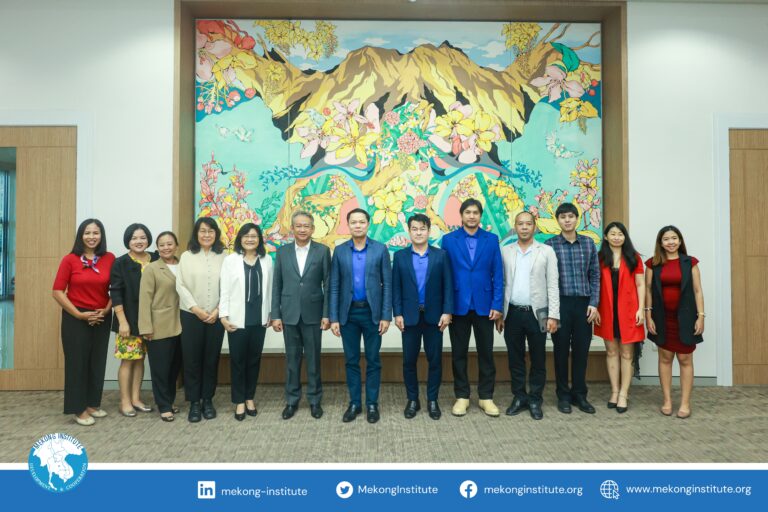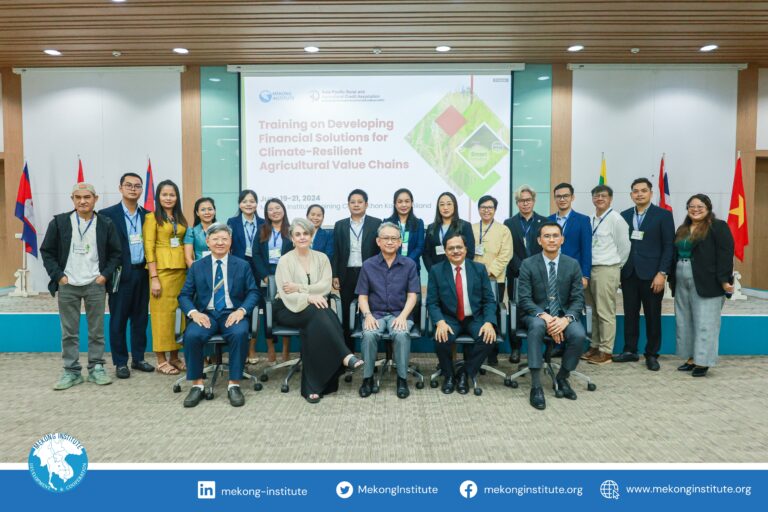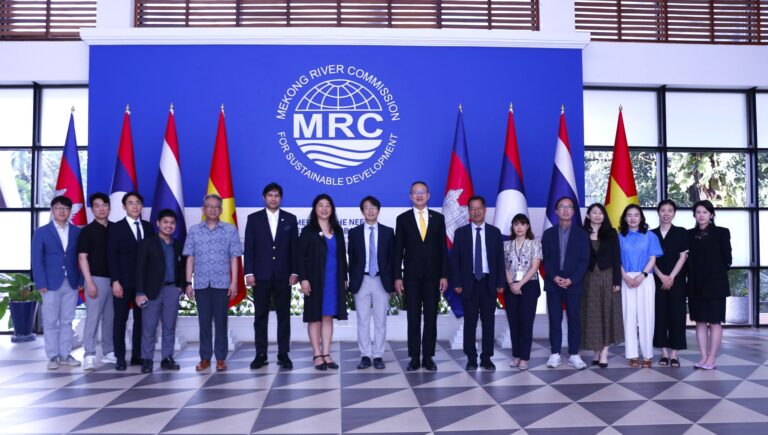The Promotion of Sustainable Agricultural Value Chains in ASEAN or the AgriTrade Project is pleased to support the ASEAN Member States (AMS) on this ToT to further promote the ASOA, and also to integrate ASOA to national training programs of AMS,
stated by Ms. Poucharman Wongsanga, Senior Regional Manager of GIZ in her opening remarks.
The training program is expected to equip national trainers of the AMS with salient knowledge needed for the integration of the ASOA into their national training programs. In the long run, the training will benefit AMS, specifically the agricultural ministry and its national training agencies, in promoting the regional organic standard and identifying best practices in organic agriculture.
Over the years, ASEAN has made a concerted effort to enhance food control systems and procedures to ensure the freer movement of safe, healthy, and quality foods within the region
said Dr. Vivencio R. Mamaril, Chair of the Expert Working Group of Organic Agriculture, during his welcome address.
He also highlighted how the promotion of the ASOA will contribute to increase global market access for ASEAN agricultural products, as well as to improve viability for farmers and help sustain a safe food supply.
The agricultural sector development and transformation in the past decades was a pillar for Southeast Asia’s robust economic growth, accounting for a substantial share of the region’s Gross Domestic Product. However, the inherent trade-offs between increasing agricultural production, protecting biodiversity, and ensuring food safety shifted the market and consumer demands to healthy and environment-friendly agri-food products, making organic produce and products expand in agricultural countries, such as AMS, rapidly.
Participated by 27 national trainers from AMS, the course was divided into 12 learning sessions where each provision in the ASOA was discussed using Adult Learning methodology. At the end of the training program, participants developed an Action Plan to have more stakeholders capacitated on ASOA and encouraged to adopt organic practices in AMS.
In his closing remarks, Mr. Suriyan Vichitlekarn, Executive Director of MI, encouraged the participants to use their action plans as a reference to refine and adapt ASOA implementation based on its effectiveness and lessons learned.
what we started today will be a good starting point that we all agreed to embark on this journey.
He said that
the work that we do will not only focus on advancing the implementation or promotion of organic agriculture but also serve as the basis to establish the network of like-minded people so that we work in our respective countries to achieve a common goal together of promoting this ASEAN community building and contributing to the ASEAN Agriculture Strategic Plan and to the livelihoods of the people
He stressed that
By organizing this training, MI, through its Agricultural Development and Commercialization Department, hopes to continue its contribution in facilitating the shift to a productive yet environment-friendly and climate-resilient agri-food value chain, where more smallholder farmers and small and medium-sized enterprises benefit, in the Greater Mekong Subregion.







